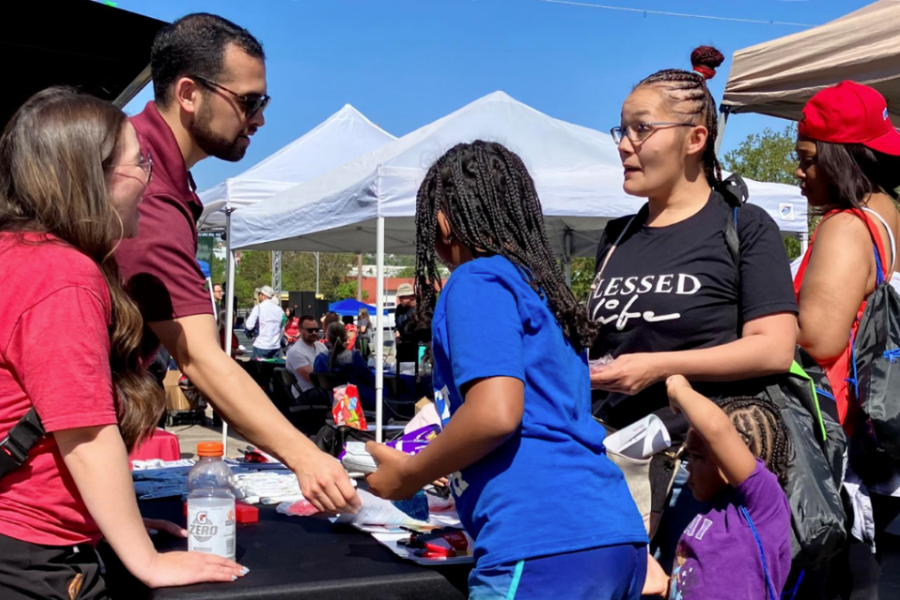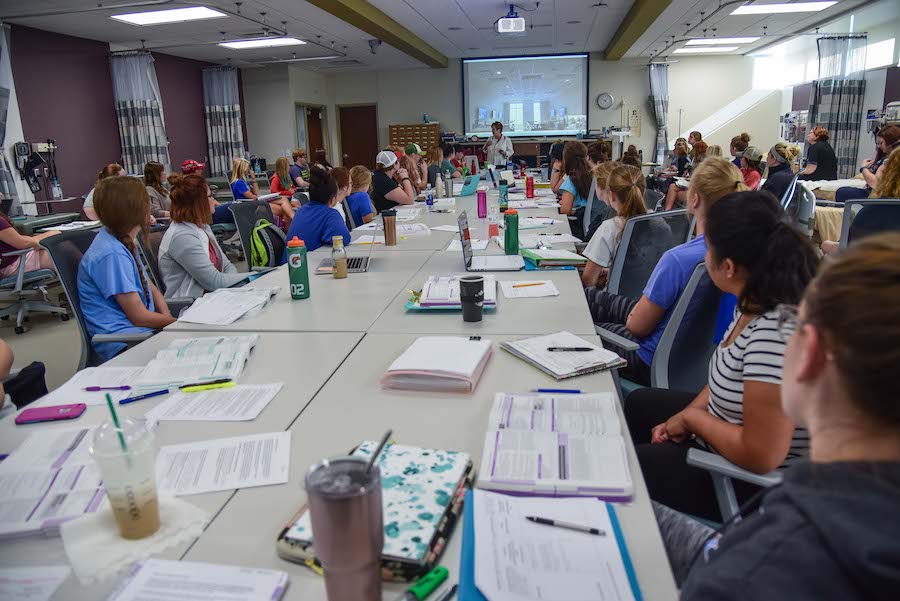
Precision Prevention and Population Health
About 40% of cancers are preventable. They often stem from environmental and lifestyle choices.
Program Overview
The Fred & Pamela Buffett Cancer Center (FPBCC) Cancer Prevention and Control (CPC) Program's mission is to identify key factors that contribute to preventable cancer risk and develop effective approaches to reduce the cancer burden and improve cancer survivorship outcomes in Nebraska and beyond.
The CPC research program includes members from the University of Nebraska System, who bring multidisciplinary expertise across 14 departments and eight colleges. They apply leading-edge research methods to confront the specific cancer challenges faced by people in Nebraska.
Program Aims
The Cancer Prevention & Control Program spans basic, clinical, and population science. It aims to find ways to lower cancer risk and improve outcomes for patients, families and communities in Nebraska. The program plays a vital role in advancing population health research while promoting multidisciplinary team science by strengthening both internal and external partnerships.
Aim 1: Identify and Address Cancer Risk Drivers
We investigate the behavioral, environmental, and social factors that contribute to cancer development and outcomes. Our team examines modifiable risk factors including tobacco use, obesity, environmental exposures, and social determinants of health. This research directly informs evidence-based interventions and policy recommendations.
Aim 2: Advance Early Detection and Prevention
Our investigators develop and validate novel screening methods for early cancer detection while creating innovative interventions to prevent cancer initiation and progression. From biomarker discovery to community-based screening programs, we're working to identify cancer at its earliest, most treatable stages and implement effective prevention strategies.
Aim 3: Improve Cancer Survivor Outcomes
We focus on enhancing quality of life and long-term health outcomes for cancer survivors through research in symptom management, treatment-related toxicity reduction, and survivorship care. Our work addresses critical issues including frailty, cognitive impairment, fertility preservation, and exercise interventions that help survivors thrive after treatment.
Program Co-Leaders
Vijaya Raj Bhatt, MBBS, MS
Professor, UNMC Division of Oncology & Hematology. Medical Director, Leukemia Program. Section Leader, Malignant Hematology
More about Vijaya Raj Bhatt, MBBS, MSEdward S. Peters, DMD, ScD
Tim Hawks Chair in Cancer Prevention and Population Science. Chair, UNMC Department of Epidemiology. Professor, UNMC Department of Epidemiology.
More about Edward S. Peters, DMD, ScDResearch Focus Areas
The Cancer Prevention and Control Program focuses on high-impact research that addresses key factors influencing cancer risk, prevention, early detection, and survivorship. Members of the program explore a wide range of scientific questions, from biological mechanisms to community-level interventions. The program supports leading-edge cancer prevention research through specialized resources. Learn more about the resources available to support your work.
Cancer Prevention and Control Member Directory
Visit Cancer Prevention and Control Member Directory to view the full list of members.

Events and Updates
 /3
/3
Obesity and Nutrition Symposium
Past Event
 /3
/3
Cancer Prevention and Control Retreat
Past Event
 /3
/3
Cancer Prevention and Control Pilot Grant
Funding Opportunity